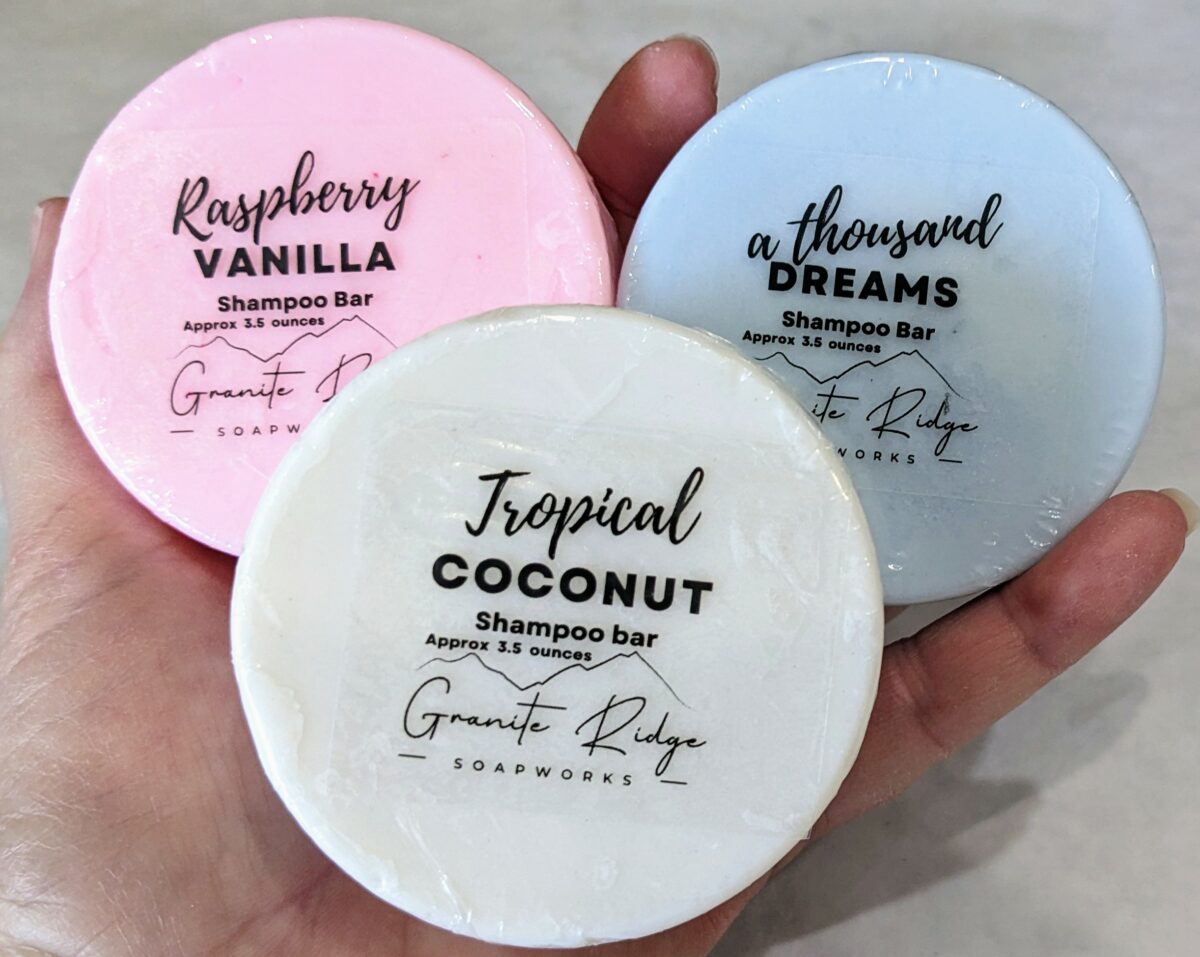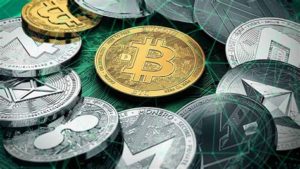
By Pam Martens and Russ Martens:
Yesterday, the U.S. Senate Banking Committee held a hearing under the title: “Examining Scams and Fraud in the Banking System and Their Impact on Consumers.” Let that title sink in for a moment – “Scams and Fraud,” “Banking System.” That’s the federally-insured banking system of the United States of America in which millions of Americans have entrusted their life savings because they believe it to be the safest place to put their money.
Indeed, federally-insured banks had been the safest place to put money since 1933, when the Glass-Steagall Act was signed into law, until the repeal of the Act by the Wall Street friendly Bill Clinton administration in 1999.
Thanks to that egregious repeal of critical consumer protection legislation, the following has happened:
Trading casinos on Wall Street have been allowed to merge with federally-insured banks with a porous wall of separation;
The trading activities of these so-called “universal banks” crashed the U.S. financial system in 2008, bringing about the worst economic crisis in the U.S. since the Great Depression of the 1930s;
Because these trading casinos had created a protection racket of holding enormous sums of federally-insured deposits, they were deemed “too-big-to-fail” and received a secret $29 trillion bailout by the Federal Reserve from December 2007 through at least July of 2010;
Today, an American consumer can walk into a federally-insured bank seeking to buy a federally-insured certificate of deposit and walk out with an uninsured product sold to them by a salesperson from the trading side of the bank;
The criminal division of the Justice Department and federal regulators have had to bring non-stop charges of fraud against these “universal banks.” (The nonprofit watchdog, Better Markets, has tallied up the 23-year crime spree of just six of the Wall Street mega banks. The six banks have paid almost $207 billion in settlements and fines – and yet the frauds continue.)
Yesterday we learned from the Senate Banking hearing that some of these same banks are refusing to make their customers whole when a fraudulent wire transfer is made by a scam artist and loots the customer’s federally-insured deposits. Consider the following three examples cited in the written testimony of Carla Sanchez-Adams of the National Consumer Law Center. These three frauds occurred at Chase Bank, the federally-insured banking unit of the global trading firm, JPMorgan Chase, which has racked up five criminal felony counts since 2014.
“Jeff Phipps from Columbus, Ohio lost $8,500 after the fraudster, impersonating a bank employee, called and convinced the man that his account had been hacked into and he needed to provide login information to protect it. They asked him if he had authorized a wire transfer and he replied, ‘no’. They kept him on the phone for an hour and 47 minutes. They said, ‘Well, we want to deactivate your account. Can you send us your username and your passcode?’ And he did thinking it was Chase. The fraudster took $8,500 with this information and Chase refused to refund the victim’s money since he had given information to the scammer, ‘authorizing’ it.
“Kelli Hinton, 7 months pregnant at the time, received a text about a fraudulent wire transfer from her account, then a follow-up call from a fraudster posing as a Chase fraud agent, spoofing Chase’s real phone number. The fraudster kept her on the line for an hour and convinced her to change her username and password, allowing him to drain $15,000 from her account.
“Just months after experiencing a near fatal collision that left him in a wheelchair, Todd Evans from West Chester Township [of Ohio] was called by a fake Chase fraud protection agent. The fraudster told him about a fraudulent purchase from his account, which Todd confirmed was appearing on his account and which neither he nor his wife had made. The fraudster then mentioned a $45,000 fraudulent wire transfer from the account. Todd and his wife were nervous about addressing the fraud and asked the caller to verify his identity. He asked the couple to look at the number he was calling from and verify it matched the number on their debit card. Based on this confirmation, the couple allowed the fraudster to guide them through a ‘wire reversal process.’ Hours later they were out $63,000.”
Bank fraud has exploded over the past three years. Some typical scams can be avoided as follows:
If you receive an email stating it is from your bank and asking you to click on a link or call a specific number, ignore it and call the customer service number at your bank that is listed on your monthly bank statement to check for any fraudulent activity.
Never put your bank account number in an email. Never put the name of your bank or your bank account number on your cell phone. Cell phones and emails can be hacked.
Make sure your personal and/or business checkbook and boxes of extra checks are maintained at home (or at your small business location) in a locked, secure location, inaccessible to after-hours cleaning crews or workmen. Do the same for bank statements.
Inform yourself about the heightened fraud risks of using Person-to-Person (Peer-to-Peer) (P2P) payment apps by reading the full testimony of Carla Sanchez-Adams of the National Consumer Law Center here.

Sale Ends Soon
Be gentle with your skin. Our soaps are kind to your skin and create a creamy, silky lather that is nourishing. Small batches are made by hand. We only use the best natural ingredients. There are no chemicals, phthalates, parabens, sodium laurel sulfate, or detergents. GraniteRidgeSoapworks
To Get 20% Of Use Coupon Code Bankster20 Or HNews20
![]()



